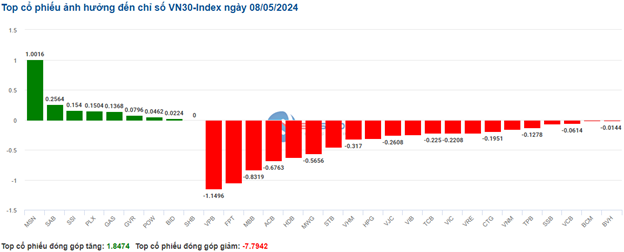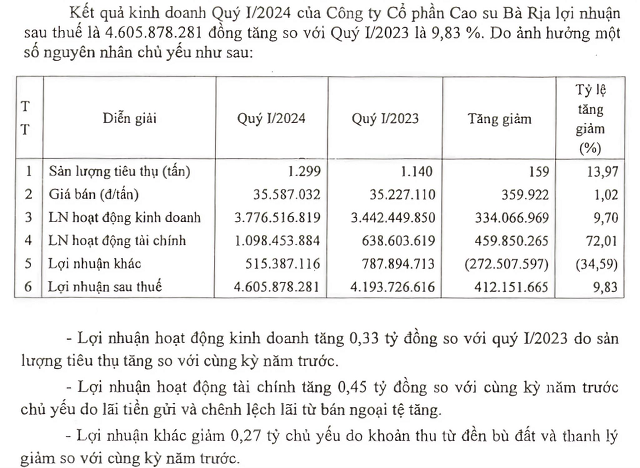On April 28th, the General Department of Taxation (Ministry of Finance) said that in Vietnam, the e-commerce (E-commerce) market is increasingly expanding and with its diverse operating models, many participants, and growth is evaluated as the fastest in the Southeast Asian region.

Revenue from e-commerce activities reaches hundreds of billions of USD
According to the General Department of Taxation, the development of E-commerce also poses new challenges, not insignificant for tax management, such as the ability to fully manage revenue sources, taxpayers, apply modern and effective management, in accordance with international practice…
Tax management data for the past two years has recorded positive results in terms of tax collection from organizations and individuals engaged in E-commerce businesses. Accordingly, in 2022, the tax revenue was 3.1 million billion dong (equivalent to 130.57 billion USD), with tax payments of 83,000 billion dong. In 2023, the management revenue was 3.5 million billion dong (equivalent to 146.28 billion USD), and the tax paid was 97,000 billion dong.
In addition, to date, 94 foreign suppliers have declared and paid taxes of over 14,500 billion dong. In the first 4 months of 2024, the tax paid by foreign suppliers in Vietnam was VND 2,998 billion.
The tax authority said that in order to strengthen tax management for E-commerce activities, it has now completed the integration of electronic identification accounts (VneID) with the tax management platforms of the tax authority. The result so far is 663,157 connections, and the total number of citizens accessing is 400,791.
The Ministry of Industry and Trade, the Ministry of Information and Communications and the State Bank have initially completed the sharing of data with the General Department of Taxation, including: data of 929 websites providing E-commerce services; data on 130 organizations operating in the fields of telecommunications, advertising, radio and television; data on payment accounts of over 9 million organizations and over 121 million individuals at 96 commercial banks.
In the coming time, the tax sector will continue to organize data, analyze risks including applying machine learning methods – applying artificial intelligence (AI) to process data, issue warnings, and implement appropriate tax management measures for each subject engaged in E-commerce activities based on the risk management principle.
Mr. Mai Son, Deputy General Director of the General Department of Taxation, said that in parallel with the above solutions, the tax industry focused on strengthening the inspection, examination, and handling of violations for individuals and organizations engaged in E-commerce activities, thereby guiding taxpayers engaged in E-commerce businesses to declare and pay taxes in accordance with regulations and at the same time handle violations against those who do not comply with the declaration regulations.







































